16 Stocks Warren Buffett Is Buying and Selling
Warren Buffett, chairman and CEO of Berkshire Hathaway (BRK.B), oversaw a fairly busy fourth quarter of buying and selling stocks.

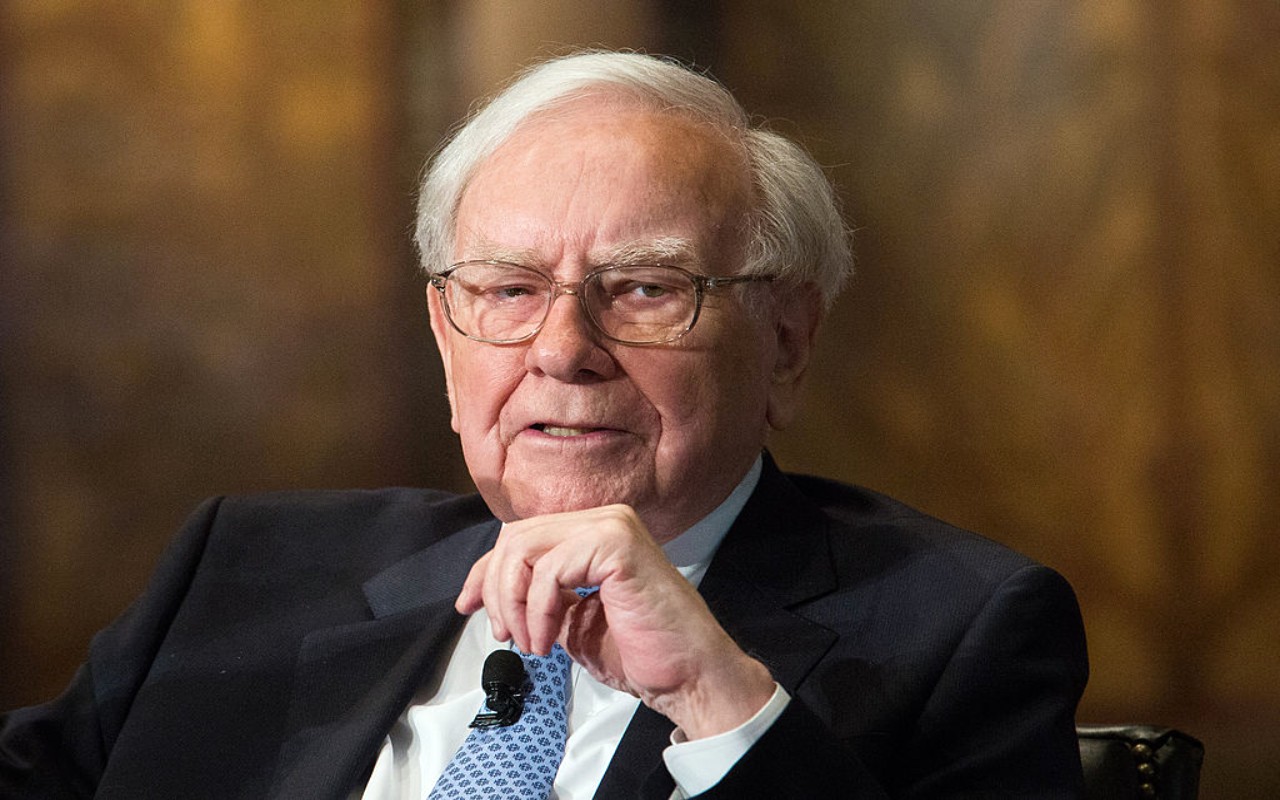
Profit and prosper with the best of Kiplinger's advice on investing, taxes, retirement, personal finance and much more. Delivered daily. Enter your email in the box and click Sign Me Up.
You are now subscribed
Your newsletter sign-up was successful
Want to add more newsletters?

Delivered daily
Kiplinger Today
Profit and prosper with the best of Kiplinger's advice on investing, taxes, retirement, personal finance and much more delivered daily. Smart money moves start here.

Sent five days a week
Kiplinger A Step Ahead
Get practical help to make better financial decisions in your everyday life, from spending to savings on top deals.

Delivered daily
Kiplinger Closing Bell
Get today's biggest financial and investing headlines delivered to your inbox every day the U.S. stock market is open.

Sent twice a week
Kiplinger Adviser Intel
Financial pros across the country share best practices and fresh tactics to preserve and grow your wealth.

Delivered weekly
Kiplinger Tax Tips
Trim your federal and state tax bills with practical tax-planning and tax-cutting strategies.

Sent twice a week
Kiplinger Retirement Tips
Your twice-a-week guide to planning and enjoying a financially secure and richly rewarding retirement

Sent bimonthly.
Kiplinger Adviser Angle
Insights for advisers, wealth managers and other financial professionals.

Sent twice a week
Kiplinger Investing Weekly
Your twice-a-week roundup of promising stocks, funds, companies and industries you should consider, ones you should avoid, and why.

Sent weekly for six weeks
Kiplinger Invest for Retirement
Your step-by-step six-part series on how to invest for retirement, from devising a successful strategy to exactly which investments to choose.
Warren Buffett, chairman and CEO of Berkshire Hathaway (BRK.B), oversaw a fairly busy fourth quarter of buying and selling stocks. Berkshire made new investments in the retail and biotechnology sectors, all but dumped a couple of big names and even jumped on the index-investing bandwagon.
We know what the greatest long-term investor of all time has been doing because the U.S. Securities and Exchange Commission requires all investment managers with more than $100 million in assets to file a Form 13F quarterly to disclose any changes in share ownership. These filings add an important level of transparency to the stock market and give Buffett-ologists a chance to get a bead on what he's thinking.
When Buffett starts a new stake in some company, or adds to an existing one, investors take that as a vote of confidence. On the other hand, if he pares his holdings in a stock, it can spark investors to rethink their own investments.
Here's the scorecard for what Berkshire Hathaway bought and sold during the three months ended Dec. 31, 2019, based on the most recent 13F that the company filed on Feb. 14. And remember: Not all "Warren Buffett stocks" are actually his picks. Some smaller positions are believed to be handled by lieutenants Ted Weschler and Todd Combs.
Current price data is as of Feb. 14. Holdings data is as of Dec. 31. Sources: Berkshire Hathaway’s SEC Form 13F filed Feb. 14, 2020, for the reporting period ended Dec. 31, 2019; and WhaleWisdom.

Occidental Petroleum
- Action: Added to stake
- Shares held: 18,933,054 (+153% from Q3)
- Value of stake: $780,231,000
Buffett is clearly a big believer in Occidental Petroleum (OXY, $41.60). BRK.B more than doubled its stake in the integrated oil-and-gas company. Indeed, the increase of 11,465,546 shares increased Berkshire's holdings by more than 150%. The holding company now owns 2.53% of Occidental's shares outstanding.
Warren Buffett first bought OXY in the third quarter of 2019, and at the time, it was actually his second deal in 2019 to acquire equity in the company. Buffett first invested $10 billion in Occidental in late April 2019 to help finance a $38 billion bid for exploration-and-production firm Anadarko Petroleum. In return, Berkshire received 100,000 preferred shares yielding 8%.
The bid beat out a competing offer from Chevron (CVX) but irked fellow octogenarian billionaire Carl Icahn, who owns a 5% stake in OXY. He called the acquisition "hugely overpriced" and still is fighting the deal.
The now-larger stake is nonetheless a meager portion of the Berkshire Hathaway portfolio, which is notably light on energy overall. Buffett's avoidance of the sector might have stemmed from the great oil price crash of 2014. Crude prices have stabilized in recent years, however, so perhaps that is what rekindled the Oracle of Omaha's interest.

RH
- Action: Added to stake
- Shares held: 1,708,348 (+41% from Q3)
- Value of stake: $364,732,000
Warren Buffett, who already is positioned in home furnishings retail via its Nebraska Furniture Mart subsidiary, added even more exposure to the industry by adding to Berkshire's stake in RH (RH, $238.18).
Buffett increased his firm's ownership by 41%, or 500,504 shares. That comes just a quarter after Berkshire made its initial entry into the retailer. BRK.B is now RH's fifth-largest shareholder with 9.1% of the shares outstanding.
RH, formerly known as Restoration Hardware, operates roughly 110 retail and outlet stores across the U.S. and Canada, as well as 15 Waterworks locations (a high-end bath-and-kitchen retailer). While brick-and-mortar retailers have struggled mightily over the past few years thanks in part to the rise of e-commerce, RH has found success catering to the upper crust. Indeed, RH shares have jumped 70% in the past year alone.
Most recently, the company beat third-quarter earnings expectations and slightly improved its full-year profit forecast. Meanwhile, it's looking to launch RH International in 2021 and 2022 – something management calls the company's "largest growth opportunity."

Suncor
- Action: Added to stake
- Shares held: 15,019,031 (+40% from Q3)
- Value of stake: $492,624,000
Warren Buffett added to his energy sector bets by upping BRK.B's stake in Suncor Energy (SU, $29.78). Buffett initiated the position in the fourth quarter of 2018. The Canadian Dividend Aristocrat is a rare international play among Berkshire Hathaway's stocks.
Suncor is an integrated energy giant whose operations span oil sands developments, offshore oil production, biofuels and even wind energy. It also sells its refined fuel via a network of more than 1,500 Petro-Canada stations.
This is Berkshire Hathaway's second stint in Suncor. The company originally invested in the energy giant in 2013, then sold the entirety of the position three years later. Buffett jumped back in during Q4 2018, then made a big additional bet to close out 2019, increasing his stake by nearly 40%.
Berkshire's stake amounts to 0.97% of Suncor's shares outstanding, according to data from S&P Global Market Intelligence. It's a menial holding for Berkshire, however, at just 0.2% of the equity portfolio.
While Berkshire itself doesn't pay out a dividend, Buffett loves holding dividend stocks. Suncor yields 4.7% and recently announced its 18th consecutive increase to its quarterly dividend. The company boosted its payout by nearly 11% to 46.5 cents per share.
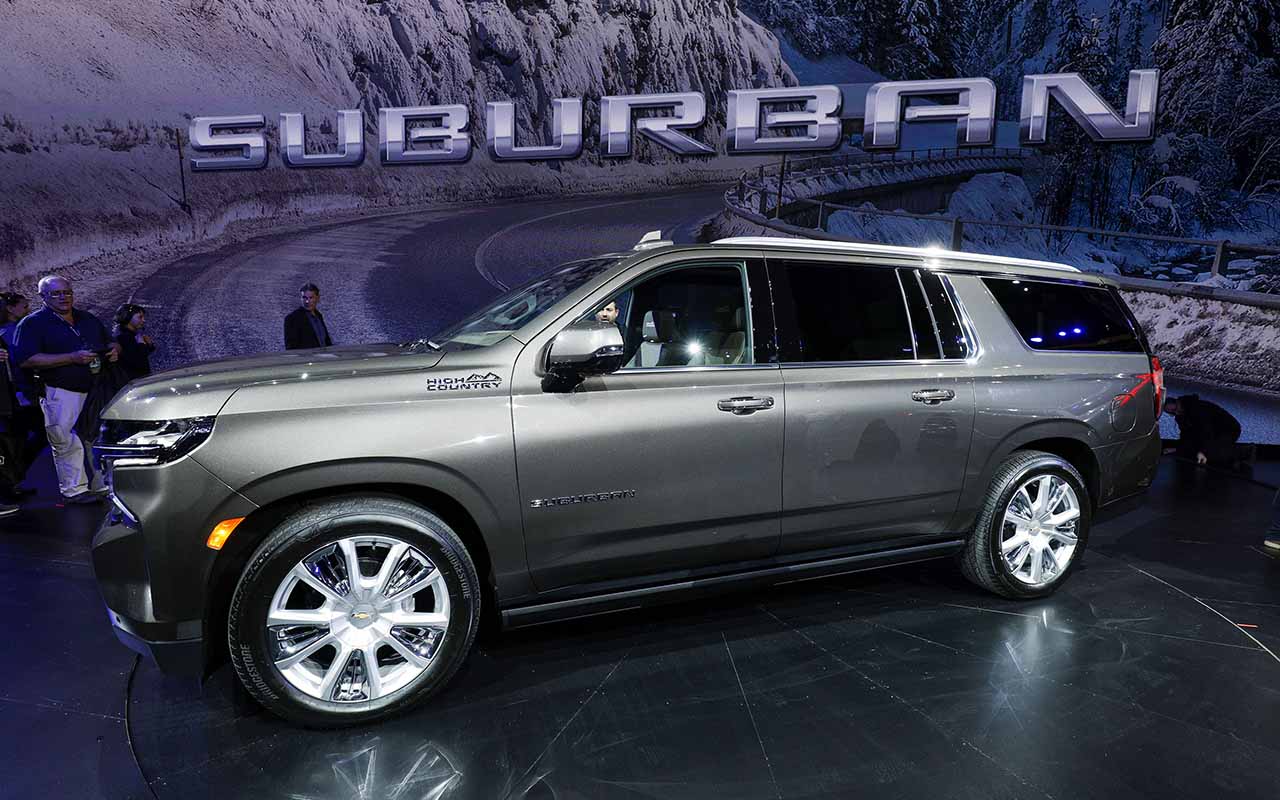
General Motors
- Action: Added to stake
- Shares held: 75,000,000 (+4% from Q3)
- Value of stake: $2,745,000,000
Warren Buffett sees something in General Motors (GM, $34.76). He boosted BRK.B's stake in the world's fourth-largest auto manufacturer by production by 3.8%. Berkshire Hathaway's GM stake represents 1.1% of the holding company's total equity portfolio.
At the same time, Buffett's firm is GM's fifth largest shareholder with 5.3% of the company's shares outstanding.
Buffett first took a stake in General Motors in early 2012 and added to it in the fourth quarter of 2018, when he increased his position by 37%. And in many ways, it looks like a classic Buffett value bet.
After all, GM is an iconic American brand. It's also the No. 1 domestic automaker, making it a bet on the long-term growth of the U.S. economy. Buffett has sung the praises of GM CEO Mary Barra on multiple occasions, at one point saying that "Mary is as strong as they come. She is as good as I've seen."
GM continues to look like a value pick today, trading at less than 6 times earnings and yielding 4.4% at current prices. But it hasn't been a fruitful pick so far. Buffett paid an estimated average price per share of $31.82 when he initiated his position during the first quarter of 2012. Including dividends, General Motors has returned a disappointing 73% since March 30, 2012 – much less than half the market's total return during that time.

Biogen
- Action: New position
- Shares held: 648,447
- Value of stake: $192,414,000
Berkshire Hathaway boosted its holdings in the health-care sector after buying a new stake in biotechnology giant Biogen (BIIB, $333.00). BRK.B acquired 648,447 shares worth about $192.4 million.
That's not much of an investment by Buffett's standards. The BIIB holdings account for just 0.08% of BRK.B's total equity portfolio. And with just 0.4% of shares outstanding, BRK.B is Biogen's 36th-largest shareholder.
Buffett has a history of making health care bets, but given the small size of the stake, it's possible the investment was made by Buffett lieutenants Ted Weschler or Todd Combs.
BIIB is having success with Spinraza, a medication for spinal muscular atrophy. But its future is tied more toward developing a treatment for Alzheimer's, which has been a struggle.
Shares in BIIB look like a bargain, trading at less than 11 times expected earnings; the biotech industry trades at more than 35 times projected earnings. And analysts forecast annual average earnings growth of almost 8% for the next three to five years. Another attractive aspect: BIIB reliably generates several billion dollars each year in free cash flow.
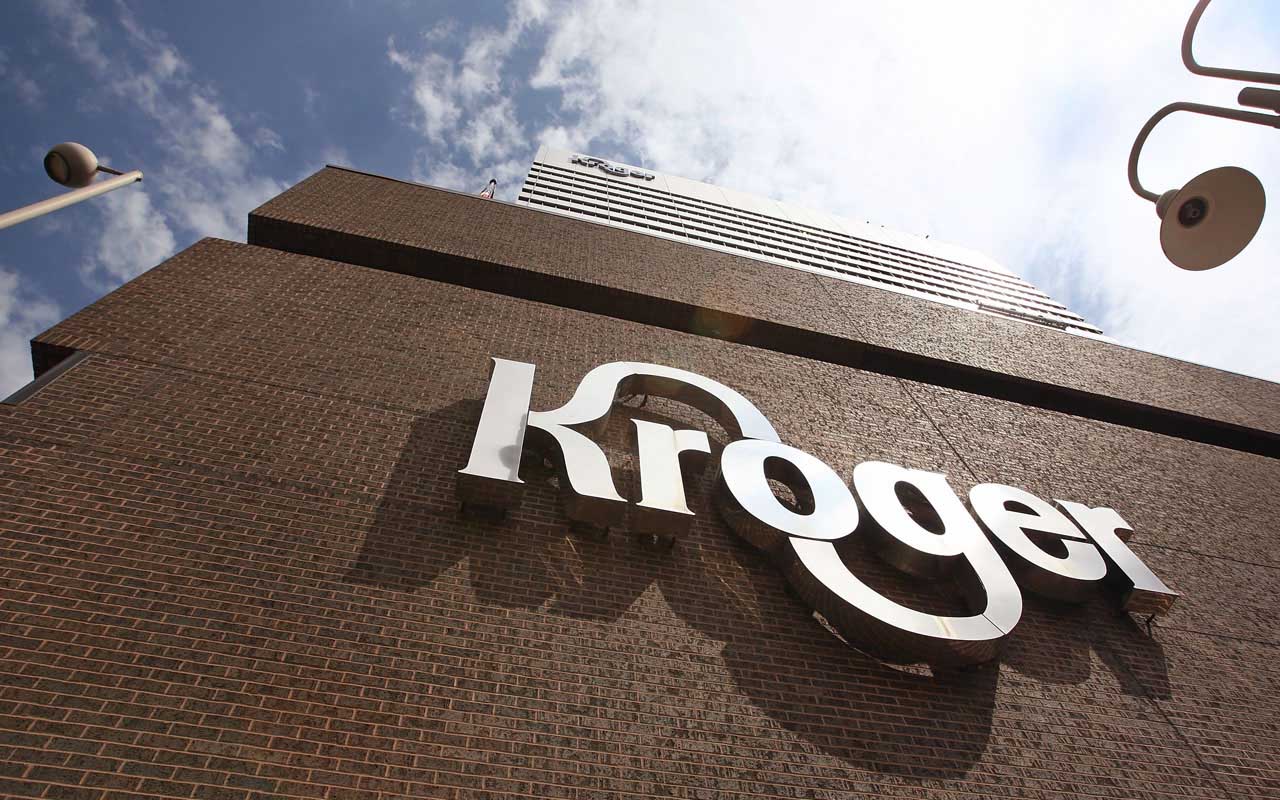
Kroger
- Action: New position
- Shares held: 18,940,079
- Value of stake: $549,073,000
It's probably fair to say no one saw this coming. Berkshire Hathaway took a big new stake in Kroger (KR, $28.23), the giant supermarket company. Buffett initiated a position with 18.9 million shares worth more than $549 million.
What makes KR a somewhat surprising investment is that a lot of long-term investors have soured on traditional supermarket chains in a world where Walmart (WMT), Amazon.com and other large firms are vying to be No. 1 in groceries.
Besides, KR is an old-economy value play. That might have surprised folks who've watched Berkshire Hathaway make bets on Apple and Amazon in recent years. In one fell swoop, BRK.B became Kroger's seventh-largest investor, holding 2.4% of shares outstanding.
KR certainly is positioned to compete. The company has roughly 2,760 retail food stores operating under such banners as Dillons, Ralph's, Harris Teeter and its namesake Kroger, as well as 1,537 gas stations. All told, it's one of the five largest retailers in the world.
Despite that, it's not like Buffett went all in. At just just 0.23% of BRK.B's total equity portfolio, KR is a toe hold, not a big bet.
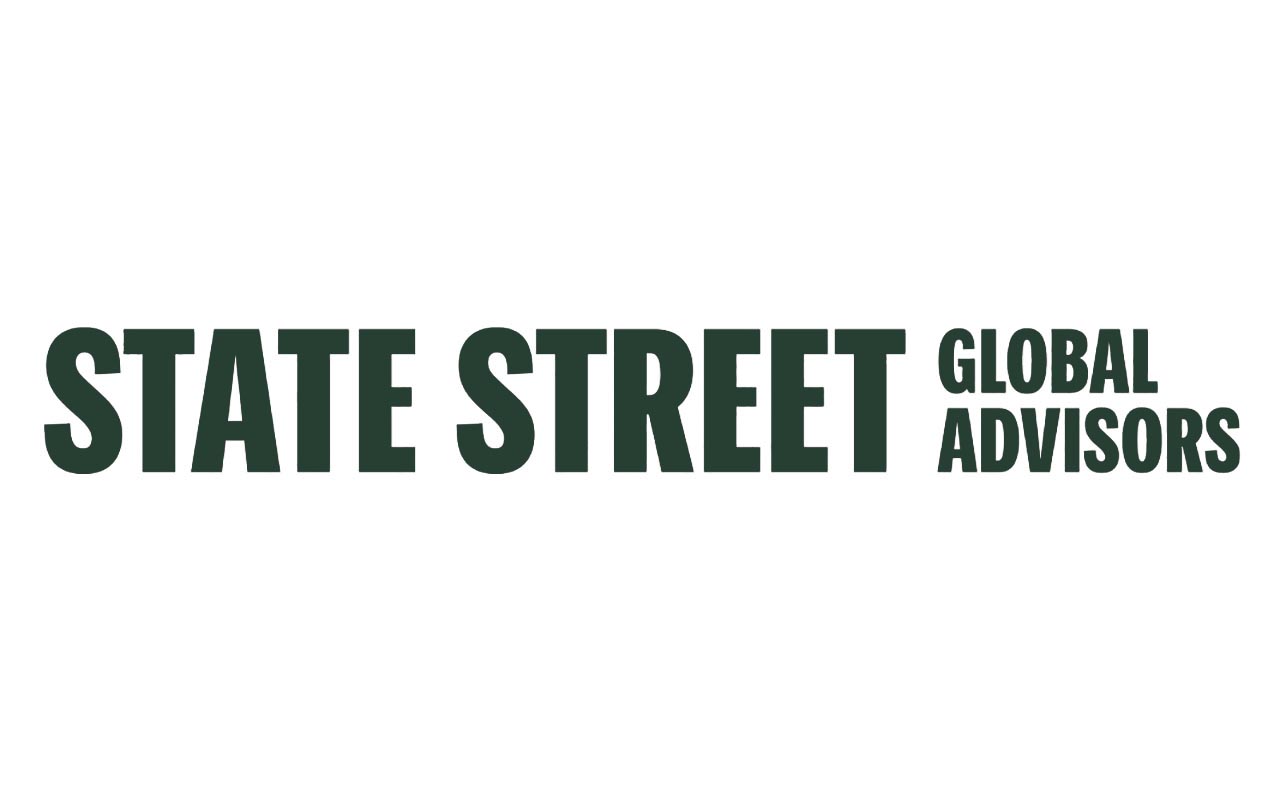
SPDR S&P 500 Trust ETF
- Action: New position
- Shares held: 39,400
- Value of stake: $12,681,000
Warren Buffett put his money where his mouth is. For years he has told mom 'n' pop investors should keep their investments simple: Invest in the S&P 500 and keep a little something in Treasurys to help you sleep well in down markets. Lo and behold, BRK.B initiated stakes in not one but two of the biggest S&P 500 exchange-traded funds.
- SPDR S&P 500 Trust ETF (SPY, $337.60) tracks the performance of the S&P 500. It's typically one of the most highly traded securities on the major stock exchanges. One of the great advantages of ETFs is their low expense ratios. SPY's fees come to just 0.095%, which means you're paying $9.50 annually for every $10,000 invested. That's dirt-cheap.
However, for a guy who's known for beating the S&P 500 handily over the past 50-plus years, buying SPY is kind of perplexing. An ETF can only match its underlying index and will actually underperform slightly because of costs. Perhaps this was a way for Buffett to publicize the great benefits of index investing.
Either way, it's a nominal stake. SPY accounts for a vanishingly small 0.0052% of Berkshire's equity holdings.
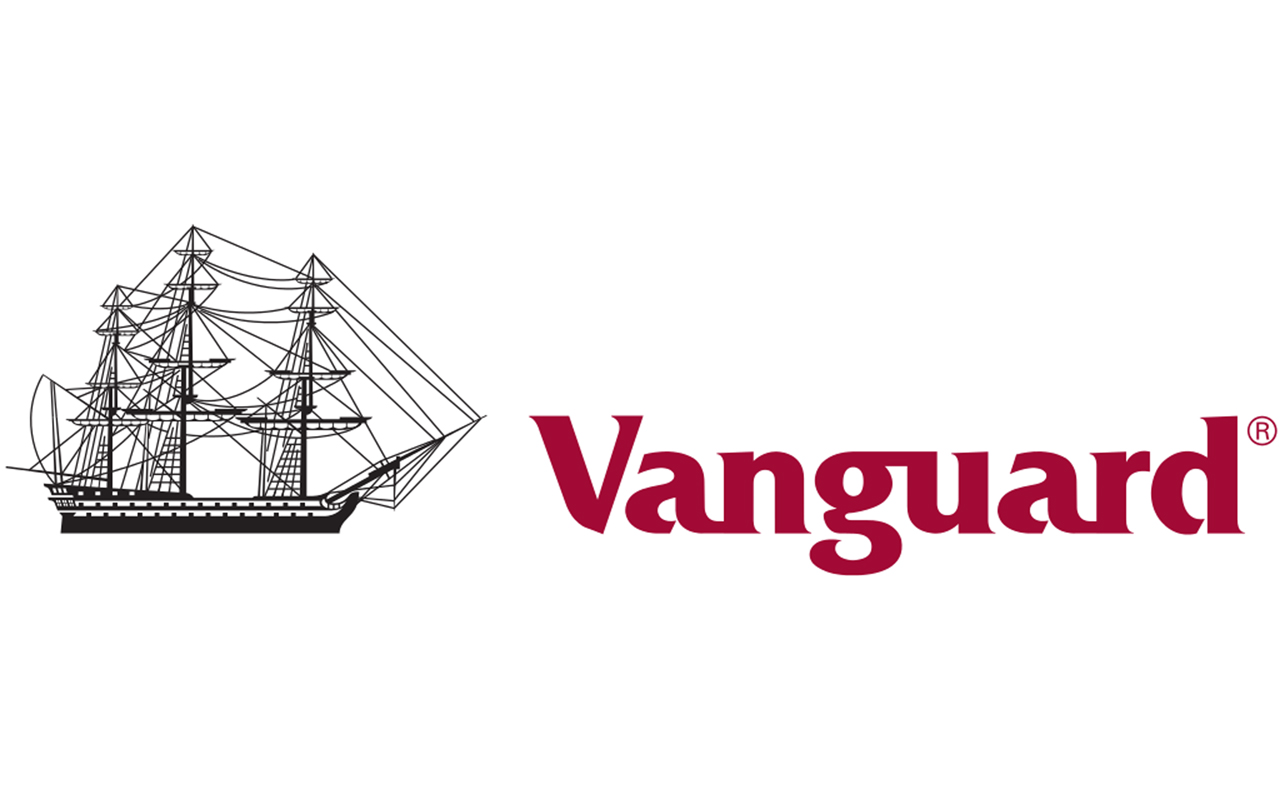
Vanguard S&P 500 ETF
- Action: New position
- Shares held: 43,000
- Value of stake: $12,719,000
What we said about SPY goes for this Vanguard fund too.
The Vanguard S&P 500 ETF (VOO, $310.28) also tracks the performance of the S&P 500. The only real difference from VOO comes on the expense line. SPY charges 0.095%, versus a mere 0.03% for VOO.
It's difficult to beat Vanguard on costs.
But again, this is a tiny bet. BRK.B bought 43,000 shares worth a minor (by Buffett's standards) $12.7 million. That represents 0.0053% of Berkshire's equity holdings.
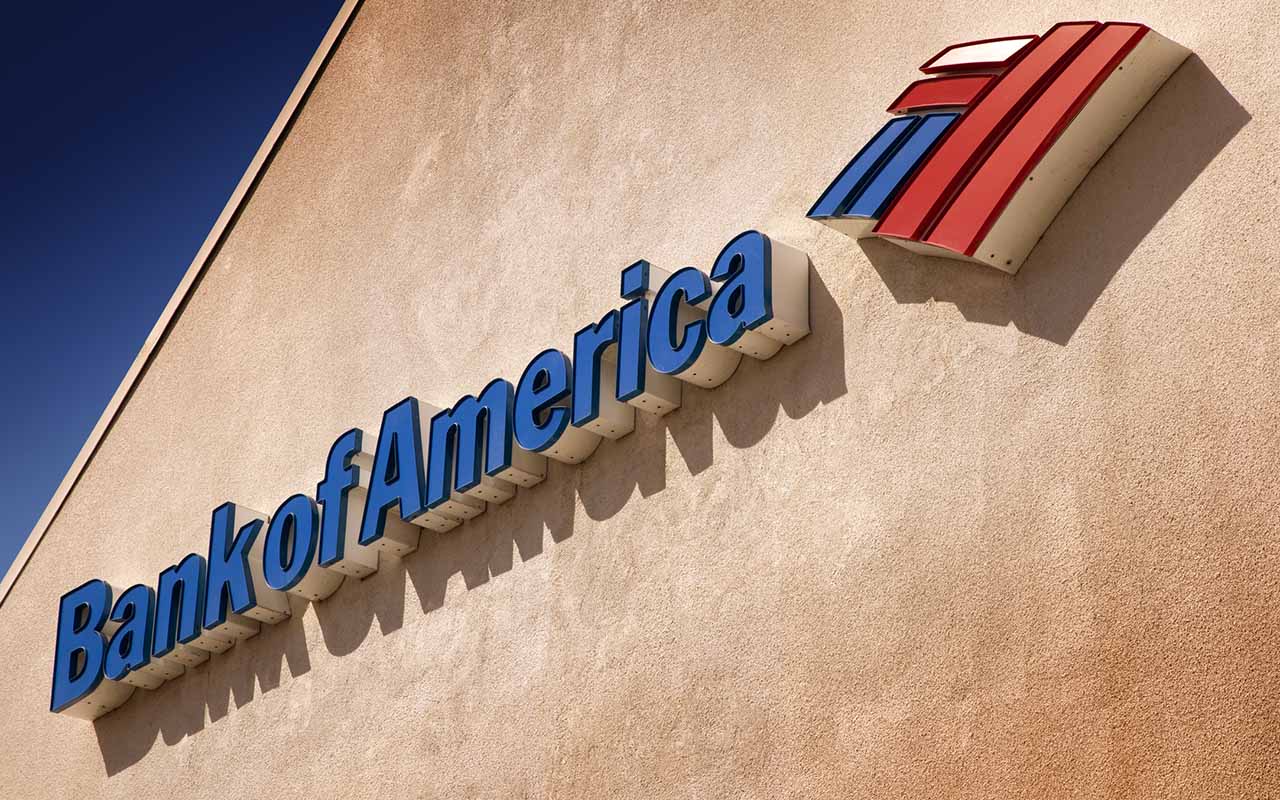
Bank of America
- Action: Reduced stake
- Shares held: 925,008,600 (-0.2% from Q3)
- Value of stake: $32,578,803,000
Buffett is bonkers for bank stocks, and the crown jewel of his financial sector holdings is Bank of America (BAC, $34.85), the nation's second-largest bank by assets.
Warren Buffett reduced his BAC position in the fourth quarter by a fraction of a percent, possibly with an aim toward getting below the 10% ownership threshold that triggers regulatory headaches.
Buffett's interest in BAC dates back to 2011, when he swooped in to shore up the firm's finances in the wake of the Great Recession. In exchange for investing $5 billion in the firm, Berkshire received preferred stock yielding 6% and warrants giving Berkshire the right to purchase BofA common stock at a steep discount. (The Oracle of Omaha exercised those warrants in 2017, netting a $12 billion profit in the process.)
BofA still is a big deal for Berkshire Hathaway, and it works the other way around, too. BAC shares account for a whopping 13.5% of Buffett's equity portfolio. By the same token, Berkshire is Bank of America's largest shareholder, at 9.94% of its shares outstanding.
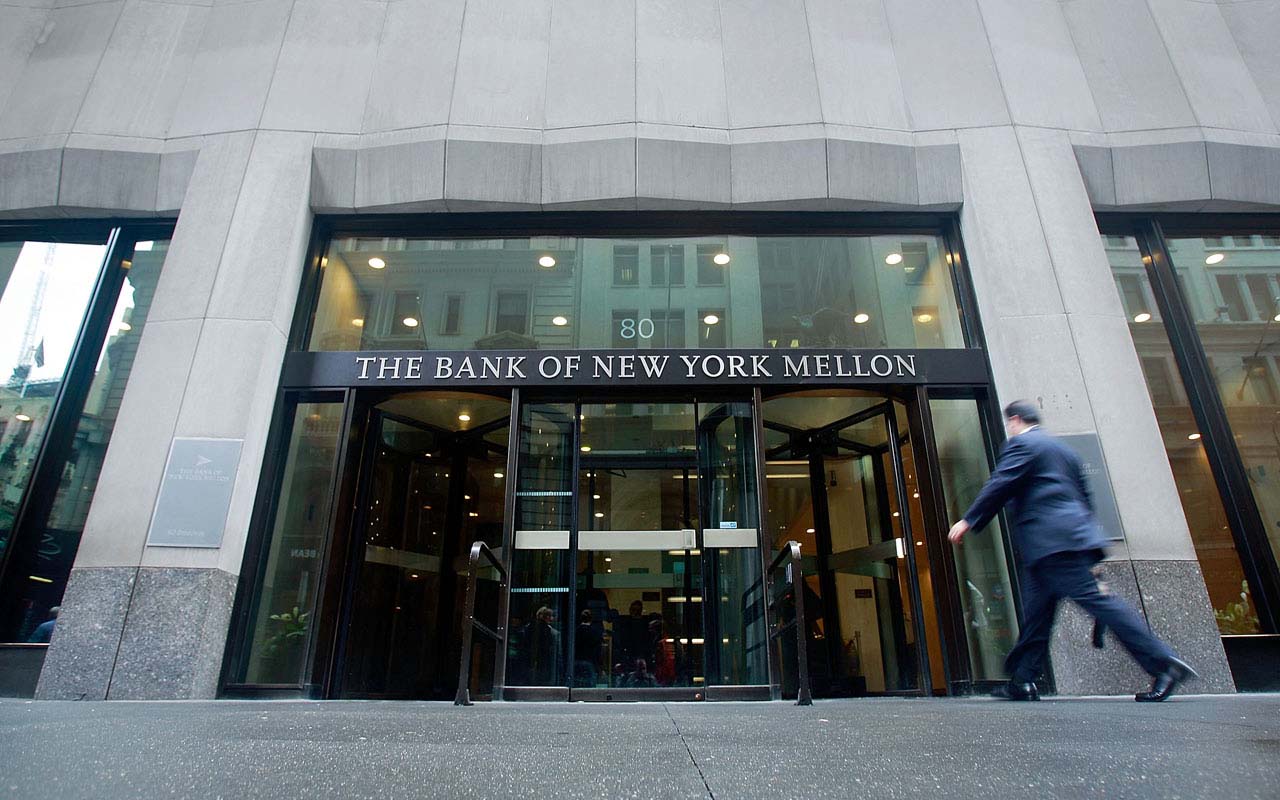
Bank of New York Mellon
- Action: Reduced stake
- Shares held: 79,765,057 (-1.4% from Q3)
- Value of stake: $4,014,575,000
Berkshire Hathaway pared its position in Bank of New York Mellon (BK, $45.90) by 1.4% in the fourth quarter of 2019. BRK.B first bought BK stock in the third quarter of 2010, when it paid an estimated average price of $43.90.
This is the first time Warren Buffett has done anything to Berkshire's stake in BK since the fourth quarter of 2018, when he added roughly 4.4 million shares, or 3%. That said, BRK.B still owns almost 80 million shares, or nearly 8.5% of all shares outstanding, so it's still BK's largest investor by a decent margin. (Vanguard is No. 2 at 6.7%.)
Despite its impressive-sounding moniker, Bank of New York Mellon is not exactly a household name. But it's a big deal in financial services, and is the nation's ninth-largest bank by assets.
Bank of New York Mellon is a custodian bank that holds assets for institutional clients and provides back-end accounting services. Its roots actually go all the way back to 1784, when Bank of New York was founded by a group including Alexander Hamilton and Aaron Burr.
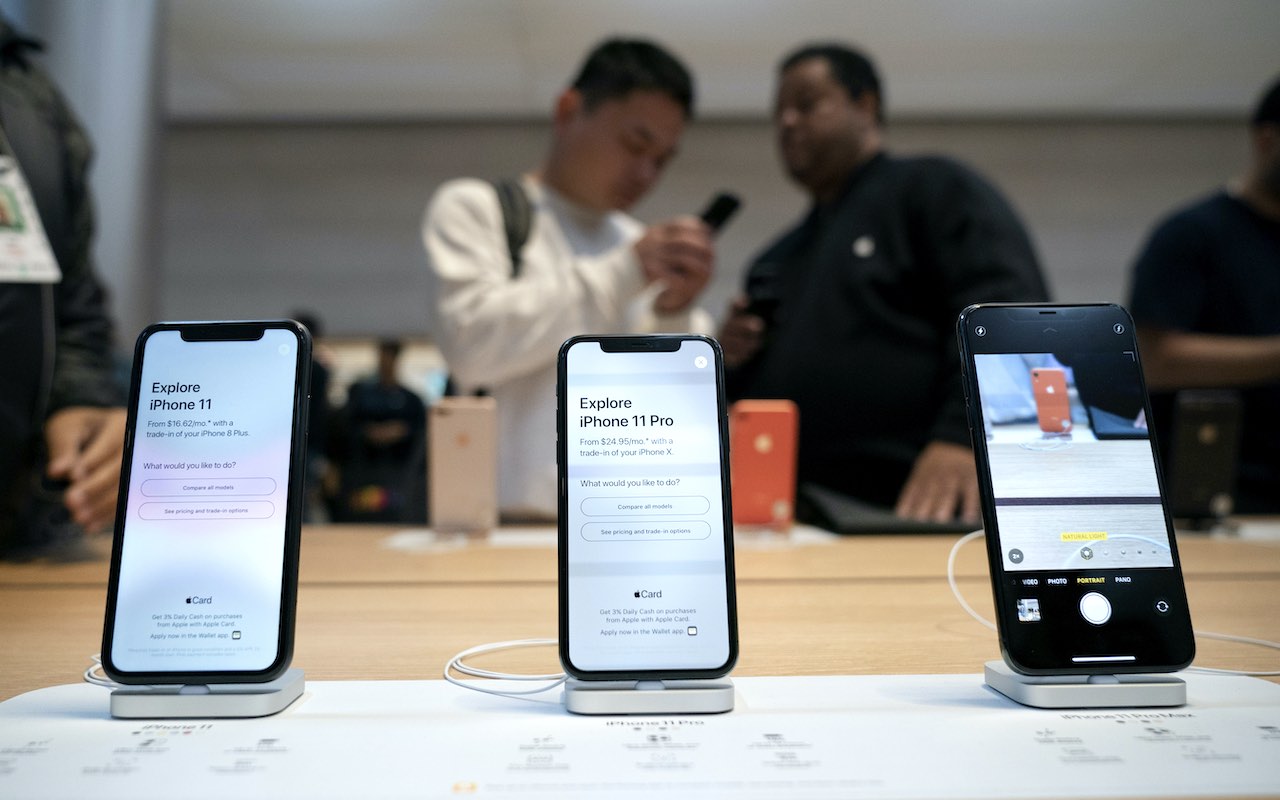
Apple
- Action: Reduced stake
- Shares held: 245,155,566 (-1.5% from Q3)
- Value of stake: $71,989,933,000
- Apple (AAPL, $324.95) is a bigger part of Berkshire Hathaway's portfolio than ever, and that's after Buffett sold 3,683,113 shares during the quarter ended Dec. 31. Even after reducing its stake by 1.5%, AAPL still accounts for a whopping 29% of the holding company's total equity portfolio.
That's what happens when a stock gains 85% in a year.
The Oracle of Omaha has never been much of a tech investor, but he absolutely adores Apple. He took his first bite in early 2016, and the iPhone maker has since become Berkshire Hathaway's single-largest holding.
And at 245 million shares, BRK.B is Apple's third-largest investor. The holding company owns 5.4% of all AAPL shares outstanding. Only Vanguard and BlackRock – giants of the passively managed index fund universe – hold more Apple stock.
Unlike many of Berkshire Hathaway's holdings, Buffett has been happy to discuss his ardor for Apple. As he has said more than once on CNBC, he loves the power of Apple's brand and its ecosystem of products (such as the iPhone and iPad) and services (such as Apple Pay and iTunes).
"I do not focus on the sales in the next quarter or the next year," Buffett has said. "I focus on the ... hundreds and hundreds and hundreds of millions of people who practically live their lives by (the iPhone)."
His faith in the company has been richly rewarded. Shares have delivered 215% in total returns since early 2016, driven by excitement over the growth of services and a refreshed iPhone lineup.

American Airlines
- Action: Reduced stake
- Shares held: 42,500,000 (-2.7% from Q3)
- Value of stake: $1,218,900,000
Warren Buffett surprised long-time observers by taking big stakes in several air carriers in 2016, one of which was American Airlines (AAL, $29.20). Buffett had long excoriated the sector, calling it a "death trap" for investors.
But airline stocks became Buffett stocks in a big way, and ever since, Berkshire Hathaway has been noodling with the holding company's positions. In the most recent quarter, Buffett sold nearly 3% of BRK.B's stake in American.
Indeed, Buffett has been an incremental seller ever since it first bought AAL in 2016 to remain below the 10% ownership threshold that would trigger regulatory headaches. Berkshire Hathaway currently holds 9.5% of the firm's shares outstanding, making it American's third-largest shareholder behind Primecap Management and Vanguard.
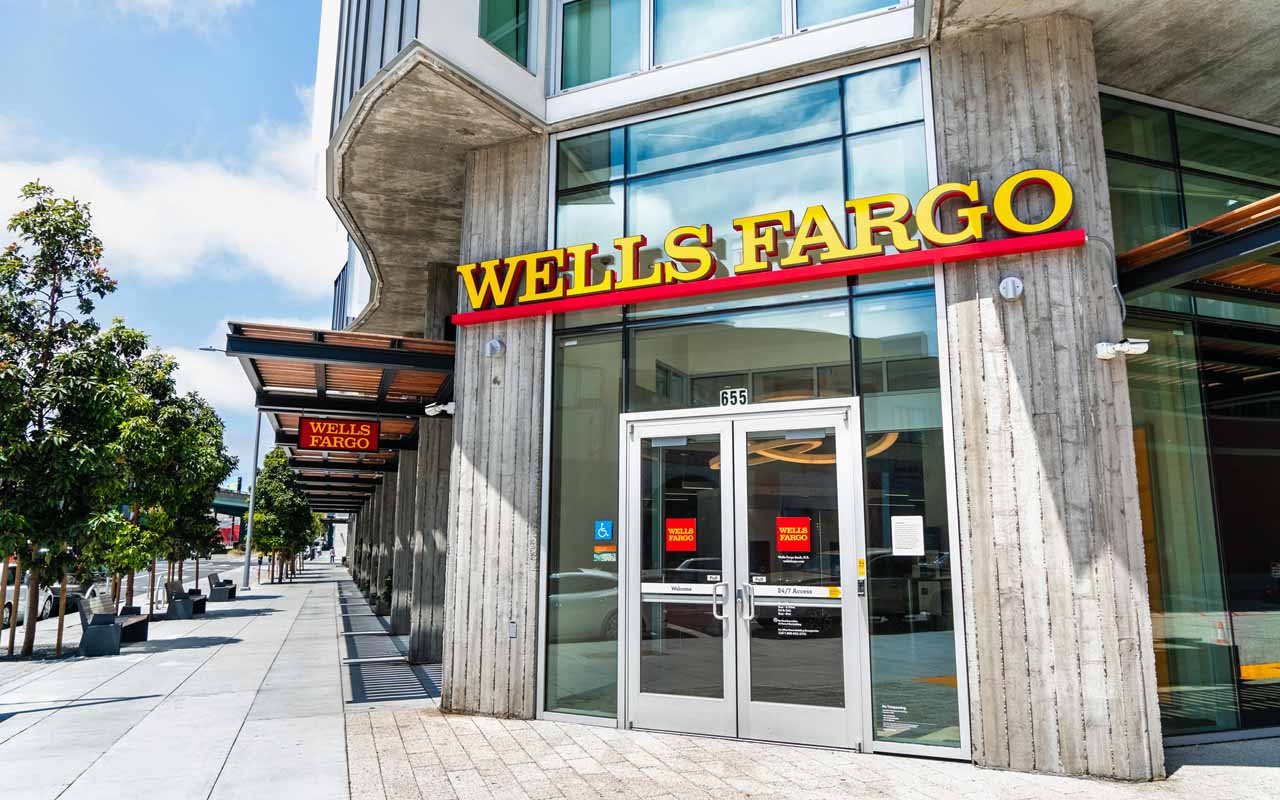
Wells Fargo
- Action: Reduced stake
- Shares held: 323,212,918 (-14.6% from Q3)
- Value of stake: $17,388,855,000
- Wells Fargo (WFC, $48.22) has spent the past few years recovering from a series of scandals, including opening millions of phony accounts, modifying mortgages without authorization and charging customers for auto insurance they did not need.
It has been a slow clean-up process. The bank in November received final approval of a $394 million deal to settle a class-action lawsuit brought by customers who say WFC forced them to buy unnecessary car insurance.
Buffett has long stood by the nation's fourth-largest bank by assets, which he first added to the Berkshire portfolio in 2001. "If you look at Wells, through this whole thing they're uncovering a whole lot of problems, but they aren't losing any customers to speak of," Buffett told Financial Times in an interview last year.
But it's fair to wonder whether Buffett is finally souring on Wells Fargo.
Buffett has sold off WFC shares in all but one quarter since the start of 2018, including the most recent fourth quarter of 2019. But previously, it appeared that Berkshire was merely doing routine paring on its position to keep it below a regulatory 10% maximum ownership threshold for banks.
However, after cutting its stake by almost 15% in Q4, perhaps something else is going on too. BRK.B remains Wells Fargo's largest shareholder, although its stake is down to 7.3% of shares outstanding, and it's not far off from Vanguard, which holds 7.1%.
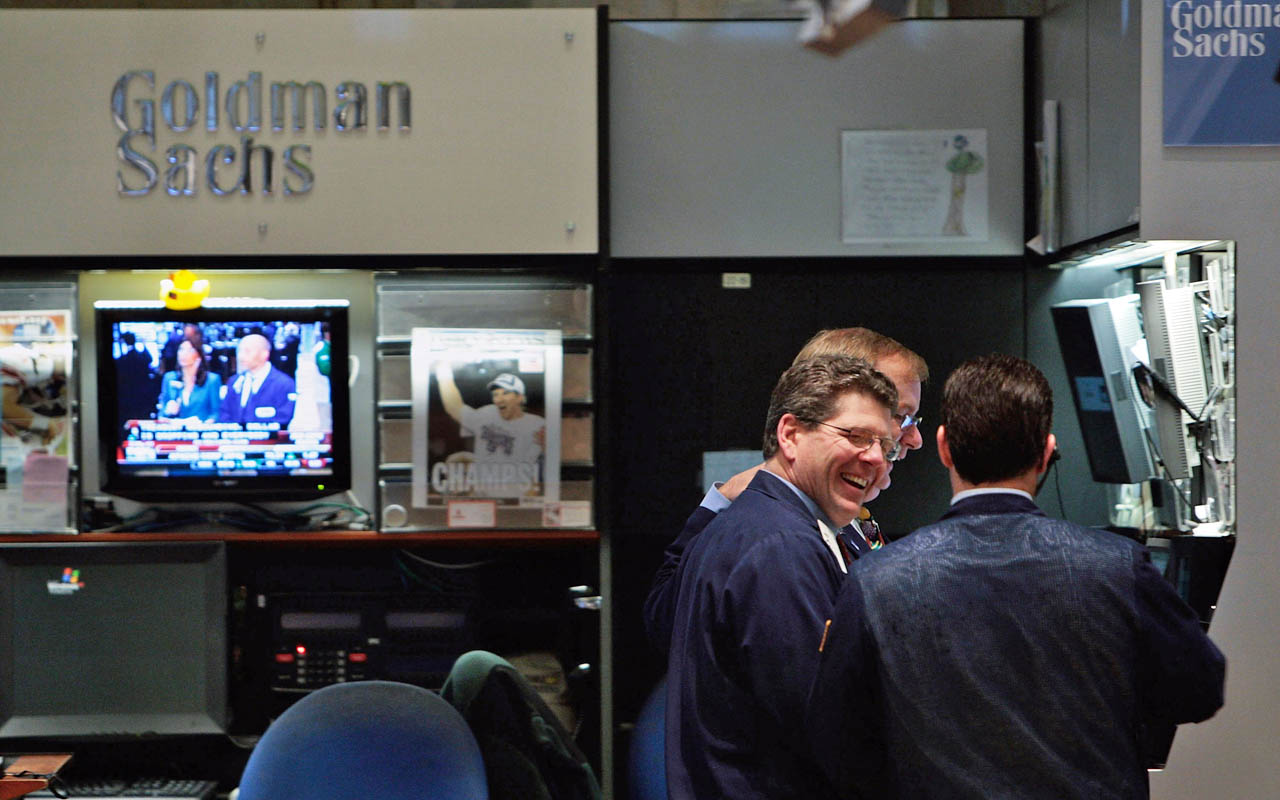
Goldman Sachs
- Action: Reduced stake
- Shares held: 12,004,751 (-35% from Q3)
- Value of stake: $2,760,252,000
Warren Buffett cut Berkshire Hathaway's stake in Goldman Sachs (GS, $237.08) by more than a third at the end of 2019. GS has struggled to keep up with the broader market recently. Shares are down more than 13% over the past two years, while the S&P 500 is up 22%.
GS currently is negotiating a settlement with federal regulators over its role in a scandal that involved looting a Malaysian sovereign wealth fund. The bank could pay a fine of as much as $2 billion.
Berkshire Hathaway first picked up its stake in the Dow stock during the 2008 financial crisis. Buffett paid $5 billion for preferred shares and warrants to purchase common stock. The preferred shares came with a dividend yield of 10% – almost twice the rate of some preferred stocks, which already are considered generous income plays.
Goldman redeemed its preferred shares in 2011. Berkshire bought another $2 billion in GS stock when it exercised the warrants in 2013.
For now, Buffett's stake in Wall Street's preeminent investment bank is down to 3.3%, making it the bank's fourth-largest shareholder.

Travelers
- Action: Reduced stake
- Shares held: 312,379 (-95% from Q3)
- Value of stake: $42,780,000
Few Buffett stocks seemed as natural a fit as Travelers (TRV, $133.95), the blue-chip insurance giant and member of the Dow Jones Industrial Average. Insurance, after all, is Berkshire Hathaway's core business.
But maybe Travelers wasn't such a good fit, after all.
Buffett dumped 95% of his TRV stock in the fourth quarter, all but eliminating it as a holding. With just 312,379 shares left representing just 0.018% of Berkshire's equity portfolio, Travelers is a rump position at this point. It joins the likes of Procter & Gamble (PG) and Johnson & Johnson (JNJ) as vestigial Dow stocks on Berkshire's books.
BRK.B first took a position in Travelers in the third quarter of 2018, then boosted its stake by 68% in the fourth quarter. Two years later, and Berkshire is essentially out. It makes sense. TRV is up just 17% since mid-2016; the broader market is up almost 60% over the same time frame.
Berkshire Hathaway still maintains a vast insurance presence, including its Geico, General Re and United States Liability Insurance Group businesses, as well as a stake in Globe Life (GL).
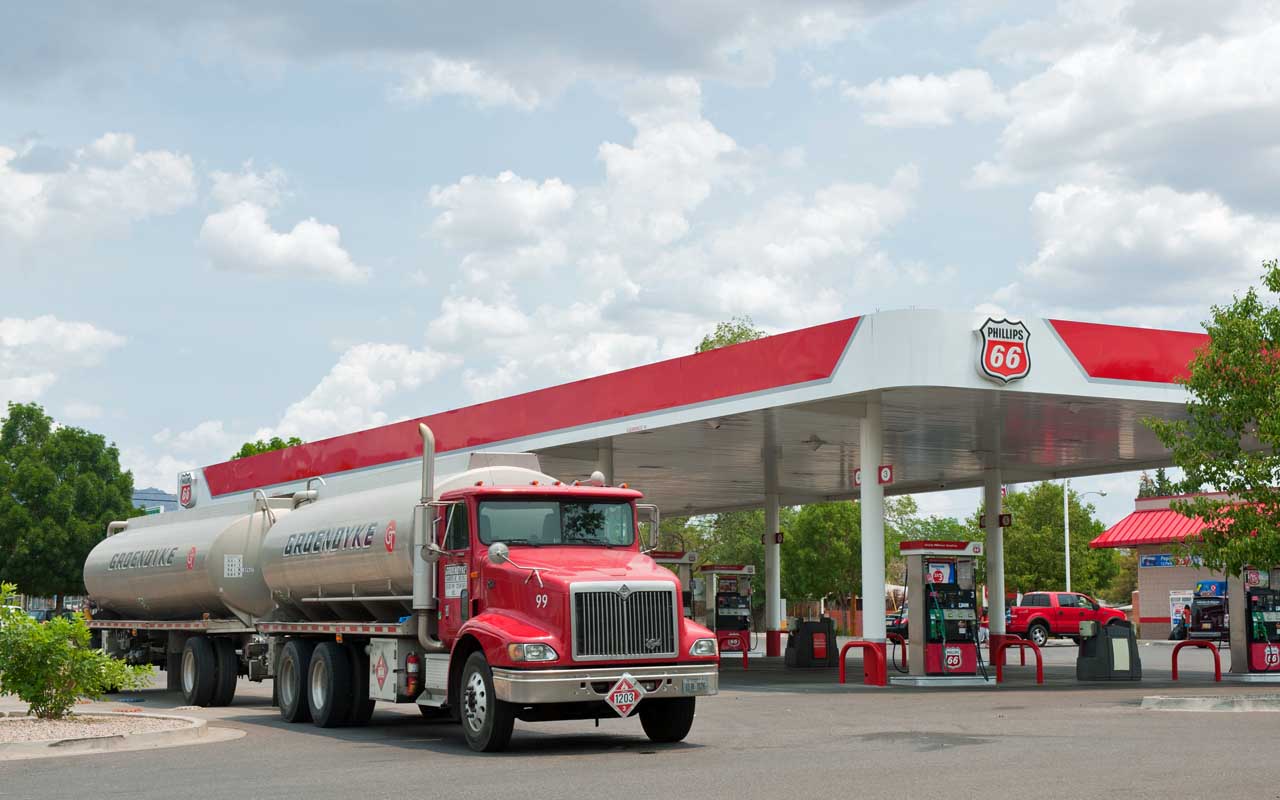
Phillips 66
- Action: Reduced stake
- Shares held: 227,436 (-95.6% from Q3)
- Value of stake: $25,339,000
Once upon a time, Warren Buffett was strongly bullish on Phillips 66 (PSX, $89.47). He first bought shares in 2012, making the oil-and-gas company a rare Berkshire bet on the energy sector.
That seems like ancient history now.
Buffett is all but done with PSX. Berkshire jettisoned 96% of its holdings, leaving it with just 227,436 shares. Like Travelers, Phillips 66 is not even an afterthought at this point. It accounts for 0.011% of BRK.B's total equity portfolio.
Berkshire had been unloading PSX shares in giant chunks for two years now. It started with a 35 million-share reduction during the first quarter of 2018, though there was nothing telling in that. Buffett made the sale for regulatory reasons, and it sold those shares back to none other than Phillips 66. However, Berkshire continued to dump PSX, including a 6% reduction in the third quarter of last year.
Buffett has been characteristically mum on his reasons for the sales.
Profit and prosper with the best of Kiplinger's advice on investing, taxes, retirement, personal finance and much more. Delivered daily. Enter your email in the box and click Sign Me Up.

Dan Burrows is Kiplinger's senior investing writer, having joined the publication full time in 2016.
A long-time financial journalist, Dan is a veteran of MarketWatch, CBS MoneyWatch, SmartMoney, InvestorPlace, DailyFinance and other tier 1 national publications. He has written for The Wall Street Journal, Bloomberg and Consumer Reports and his stories have appeared in the New York Daily News, the San Jose Mercury News and Investor's Business Daily, among many other outlets. As a senior writer at AOL's DailyFinance, Dan reported market news from the floor of the New York Stock Exchange.
Once upon a time – before his days as a financial reporter and assistant financial editor at legendary fashion trade paper Women's Wear Daily – Dan worked for Spy magazine, scribbled away at Time Inc. and contributed to Maxim magazine back when lad mags were a thing. He's also written for Esquire magazine's Dubious Achievements Awards.
In his current role at Kiplinger, Dan writes about markets and macroeconomics.
Dan holds a bachelor's degree from Oberlin College and a master's degree from Columbia University.
Disclosure: Dan does not trade individual stocks or securities. He is eternally long the U.S equity market, primarily through tax-advantaged accounts.
-
 How Much It Costs to Host a Super Bowl Party in 2026
How Much It Costs to Host a Super Bowl Party in 2026Hosting a Super Bowl party in 2026 could cost you. Here's a breakdown of food, drink and entertainment costs — plus ways to save.
-
 3 Reasons to Use a 5-Year CD As You Approach Retirement
3 Reasons to Use a 5-Year CD As You Approach RetirementA five-year CD can help you reach other milestones as you approach retirement.
-
 Your Adult Kids Are Doing Fine. Is It Time To Spend Some of Their Inheritance?
Your Adult Kids Are Doing Fine. Is It Time To Spend Some of Their Inheritance?If your kids are successful, do they need an inheritance? Ask yourself these four questions before passing down another dollar.
-
 Nasdaq Slides 1.4% on Big Tech Questions: Stock Market Today
Nasdaq Slides 1.4% on Big Tech Questions: Stock Market TodayPalantir Technologies proves at least one publicly traded company can spend a lot of money on AI and make a lot of money on AI.
-
 Stocks Close Down as Gold, Silver Spiral: Stock Market Today
Stocks Close Down as Gold, Silver Spiral: Stock Market TodayA "long-overdue correction" temporarily halted a massive rally in gold and silver, while the Dow took a hit from negative reactions to blue-chip earnings.
-
 S&P 500 Hits New High Before Big Tech Earnings, Fed: Stock Market Today
S&P 500 Hits New High Before Big Tech Earnings, Fed: Stock Market TodayThe tech-heavy Nasdaq also shone in Tuesday's session, while UnitedHealth dragged on the blue-chip Dow Jones Industrial Average.
-
 Dow Rises 313 Points to Begin a Big Week: Stock Market Today
Dow Rises 313 Points to Begin a Big Week: Stock Market TodayThe S&P 500 is within 50 points of crossing 7,000 for the first time, and Papa Dow is lurking just below its own new all-time high.
-
 Nasdaq Leads Ahead of Big Tech Earnings: Stock Market Today
Nasdaq Leads Ahead of Big Tech Earnings: Stock Market TodayPresident Donald Trump is making markets move based on personal and political as well as financial and economic priorities.
-
 11 Stock Picks Beyond the Magnificent 7
11 Stock Picks Beyond the Magnificent 7With my Mag-7-Plus strategy, you can own the mega caps individually or in ETFs and add in some smaller tech stocks to benefit from AI and other innovations.
-
 Dow Dives 870 Points on Overseas Affairs: Stock Market Today
Dow Dives 870 Points on Overseas Affairs: Stock Market TodayFiscal policy in the Far East and foreign policy in the near west send markets all over the world into a selling frenzy.
-
 Small Caps Can Only Lead Stocks So High: Stock Market Today
Small Caps Can Only Lead Stocks So High: Stock Market TodayThe main U.S. equity indexes were down for the week, but small-cap stocks look as healthy as they ever have.
